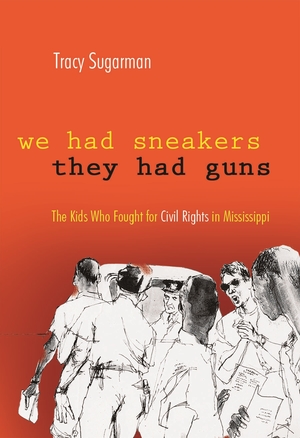Description
At the apex of World War II, SU graduate Tracy Sugarman documented naval life before, during and after D-Day. He did not write for periodicals nor was he one of the daring photojournalists of the time. In an age of photography and motion picture, this artist used brush, ink, and pencil to forge his own distinctive brand of artistic journalism. Much as Winslow Homer had been sent by Harper’s Weekly to the front to capture images of the Civil War on canvas, so Sugarman’s drawings and paintings recorded one of the most momentous turns in the fortunes of World War II. After the war, Sugarman continued to visually record the passing scene. The result is a pictorial trove of powerful historic and societal events of the day: from civil rights uproar and transformation in the south to labor demonstration and space exploration, from commanding an invading craft on D-Day to revisiting Normandy in the wake of 9/11. Punctuated by the artist’s own words, Sugarman’s work offers a meaningful and thoughtful reflection upon turning points in the last critical century, and what it means to be an American. Rife with wisdom and humor yet brimming with rage over injustice, Sugarman’s singular artistry provides insights into our American psyche as well as into the artist’s life. Drawing Conclusions also shows that ink and pencil can record event with as much graphic potency as camera and film.
About the Author
Tracy Sugarman is a well-known illustrator whose work has appeared in major magazines and books, and on television. He has received numerous awards from the Society of Illustrators in New York and the Art Directors Club in Washington, D.C.
Related Interest
8.5 x 10, 192 pages, 26 color, 70 black and white illustrations
February 2008




